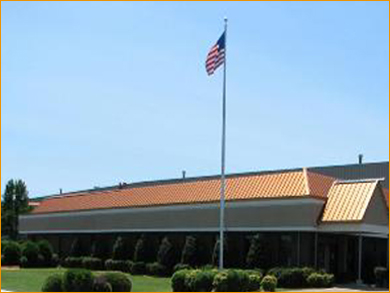Every three years, our friends at the International Codes Council promulgate a whole new series of codes and regulations related to building construction. 2024 is the latest scheduled release of the newest versions of all the different codes. They are up to 19 different iterations from: the Building, Plumbing and Mechanical codes all the way to the Tiny House code. This one-way rachet never stops turning. This is not “shrinkflation” but a slow, boa constrictor type of suffocation.
Buildings are getting safer and more energy efficient as a result of the constant moving of the goal posts. But, what is the economic impact? Construction continues to get more expensive and more complicated to permit, build and maintain. There are certain types of buildings that really benefit from superior insulation and vapor tightness…like industrial freezer storage buildings. On the other hand, industrial smelting plants have an excess of heat to get rid of; and, more insulation just makes the problem worse. Code creep is making building more expensive for everyone.
As always, the question is, “who gets to decide?” Is it the owner and user of the space that gets to weight the cost/benefit analysis for their facility? Usually not. It is the local building official who has no time or inclination to worry about the costs of different regulations, only the compliance with those codes. Very few building officials will put their careers at risk to make logical exceptions within their discretion, because there is little benefit for them personally and potentially a lot of risk.
It is good policy to keep the decision making closest to those who are directly affected. That means local decision making whenever possible. Our home town has taken a step in the right direction. They are adopting the 2021 series of codes with one important addition. They have implemented a feature common in Zoning Ordinances, a variance procedure into the building code. This local level input is the right thing to do, for the city, the citizens, and the developers. Local control of local affairs is an important part of the American political system and has the power to release the ever-tightening grip of regulations. This initiative to take on the responsibility for the future of development in their community sets our city leaders apart.



